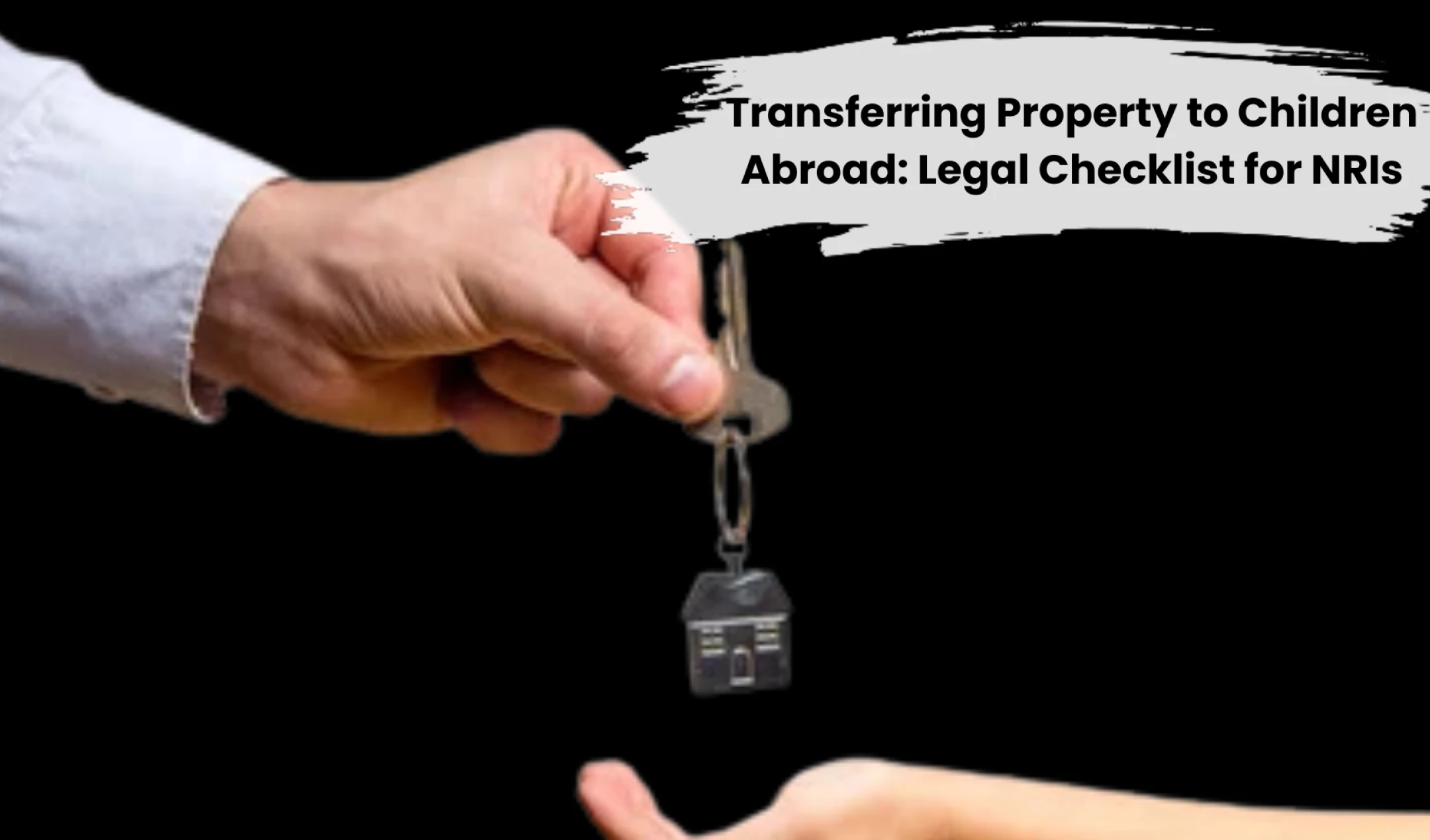Investing in Indian real estate is a popular goal for many NRIs—whether it’s for family back home, rental income, or long-term returns. But before you sign a deal, it’s essential to understand what the law permits (and restricts) for NRIs in the Indian property market.
India is open to NRI investments—but only if you follow FEMA (Foreign Exchange Management Act) rules.
✔️ What Can NRIs Legally Buy?
As an NRI, you’re allowed to purchase:
- Residential property (flats, villas, houses)
- Commercial property (offices, shops)
There’s no limit on the number of properties you can buy under these categories.
🚫 Not Permitted:
- Agricultural land
- Farmhouses
- Plantation land
(Unless inherited or received as a gift from a relative)
📑 Documents Required
Make sure your paperwork is in order before you start the process:
- Valid Indian passport, OCI, or PIO card
- PAN card (mandatory for registration and taxes)
- Power of Attorney (PoA) — if buying remotely
- Valid NRE/NRO account for payments
💡 Tip: If using a PoA, get it notarised and apostilled in your country of residence.
💵 How Do NRIs Pay for Property?
- Payments must be made in Indian Rupees
- Funds should come through:
- NRE, NRO, or FCNR accounts
- Or direct inward remittance via banking channels
- No cash transactions allowed
🔄 Can You Sell & Repatriate the Funds?
Yes—but with conditions:
- You can repatriate proceeds from the sale
- Sale proceeds must be deposited into an NRO account
- Repatriation is capped at $1 million per financial year
- You must provide proof of original purchase, especially if bought using foreign income
🏷️ Capital Gains Tax and TDS (up to 14.95%) may apply—so plan accordingly.
🛑 Legal Checklist Before You Buy
- Ensure the property is RERA registered
- Conduct a title search to confirm clear ownership
- Ask for:
- Approved building plans
- Occupancy certificate
- Tax receipts from previous owner/developer
Consider working with a property lawyer who specializes in NRI real estate to safeguard your interests.

✅ NRI Nivesh Tip:
NRIs should never rely solely on relatives or hearsay. Use verified developers, insist on proper paperwork, and seek legal clarity—especially when buying remotely.
🏠 Explore Property Investments with Confidence
At NRI Nivesh, we don’t sell property—we host curated expos abroad where NRIs meet Top developers directly without a broker or mediator under one roof. Our team provides legal and financial literacy to help you make smart, compliant decisions.
Register for the Next NRI Property Expo →
Verified projects. Legal clarity. No middlemen.





